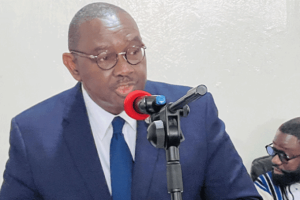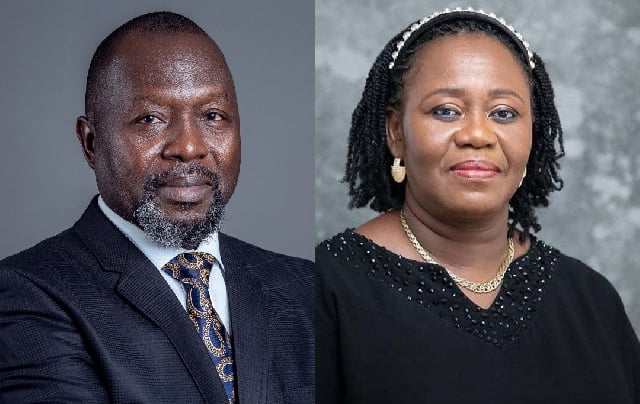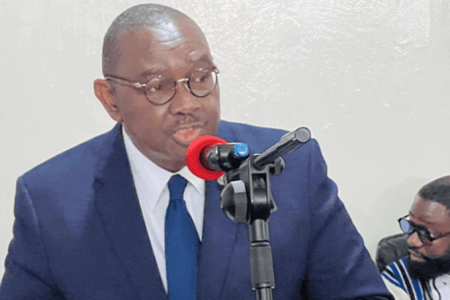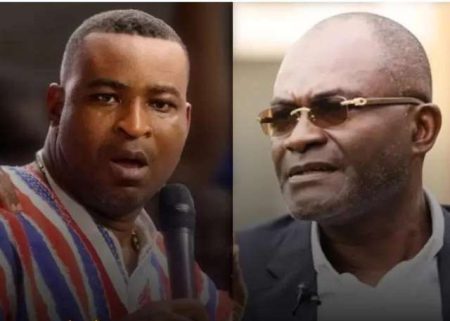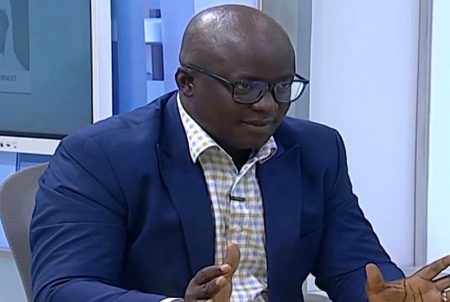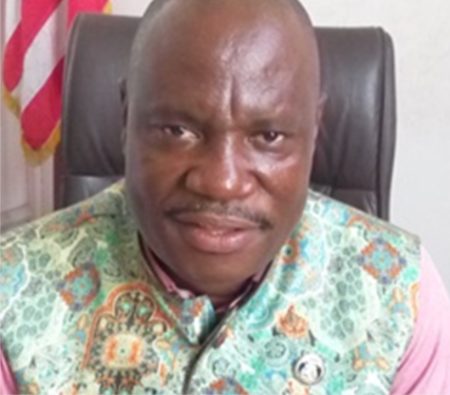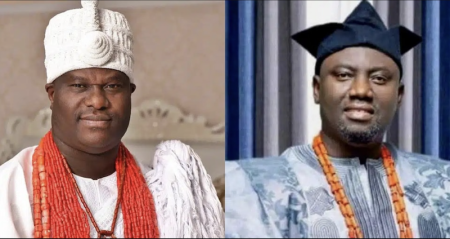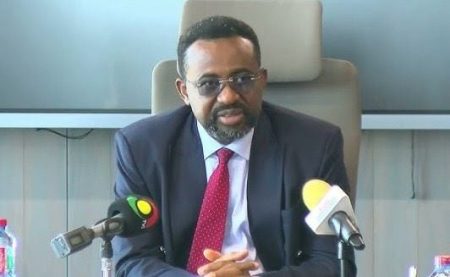The ongoing impeachment proceedings against Chief Justice Gertrude Torkornoo have sparked a contentious legal debate, with the Chief Justice challenging the constitutionality of the process. Attorney-General Dominic Ayine has issued a robust defense of the proceedings, addressing the Chief Justice’s concerns point by point and asserting the legality and propriety of the impeachment process. His legal opinion provides a detailed counterargument to the Chief Justice’s objections, focusing on the in-camera nature of the hearings, the composition of the investigative committee, and the validity of the oath-taking process. The Attorney-General’s response underscores the government’s commitment to upholding the constitutional framework governing impeachment while emphasizing the importance of maintaining public trust in the judiciary.
Central to the Chief Justice’s challenge is the in-camera nature of the hearings. The Attorney-General counters this argument by asserting that closed-door sessions are not a matter of discretion but a constitutional imperative. He emphasizes that this confidentiality is crucial for safeguarding the integrity of both the Chief Justice and the judiciary as a whole. The Attorney-General argues that the in-camera proceedings are designed to protect the sensitive nature of the information discussed and to prevent premature public disclosure that could potentially undermine the integrity of the judicial process. He unequivocally states that this constitutional safeguard cannot be waived, highlighting its paramount importance in preserving public confidence in the justice system.
The composition of the investigative committee has also drawn scrutiny, with the Chief Justice raising concerns about the inclusion of Justices Samuel Adibu Asiedu and Gabriel Scott Pwamang. The Attorney-General refutes these objections, arguing that their participation is entirely legitimate. Concerning Justice Asiedu, he clarifies that the justice had no prior involvement in injunction hearings related to the impeachment case, thus negating any grounds for recusal. Regarding Justice Pwamang, the Attorney-General contends that previous engagement with legal matters involving one of the petitioners does not constitute disqualifying bias. He emphasizes that mere participation in unrelated cases cannot be construed as evidence of prejudice, thereby solidifying the legitimacy of Justice Pwamang’s presence on the committee.
Furthermore, the Attorney-General addresses allegations regarding the oath-taking process of the committee members. He confirms that all members have duly taken the required oaths in accordance with the law, dismissing any claims to the contrary. This affirmation reinforces the procedural integrity of the proceedings and further strengthens the government’s position that the impeachment process is being conducted within the boundaries of the law.
The Attorney-General’s comprehensive legal opinion serves as a direct rebuttal to the Chief Justice’s efforts to halt the impeachment process. He argues that the Chief Justice’s application for an injunction lacks merit and does not provide sufficient grounds to suspend the proceedings. By systematically addressing each of the Chief Justice’s concerns and offering a reasoned legal justification for the ongoing process, the Attorney-General aims to demonstrate that the impeachment proceedings are not only constitutional but also essential for upholding the principles of accountability and integrity within the judiciary.
In essence, the Attorney-General’s response frames the impeachment proceedings as a necessary and legally sound process. He portrays the in-camera hearings as a protective measure, the inclusion of the two justices as justified and unbiased, and the oath-taking process as duly completed. By firmly rejecting the Chief Justice’s arguments for an injunction, the Attorney-General reinforces the government’s commitment to pursuing the impeachment process while upholding the rule of law and ensuring the integrity of the judicial system. The legal battle continues, with the Chief Justice’s arguments now countered by a robust legal opinion from the Attorney-General, setting the stage for further legal proceedings.


